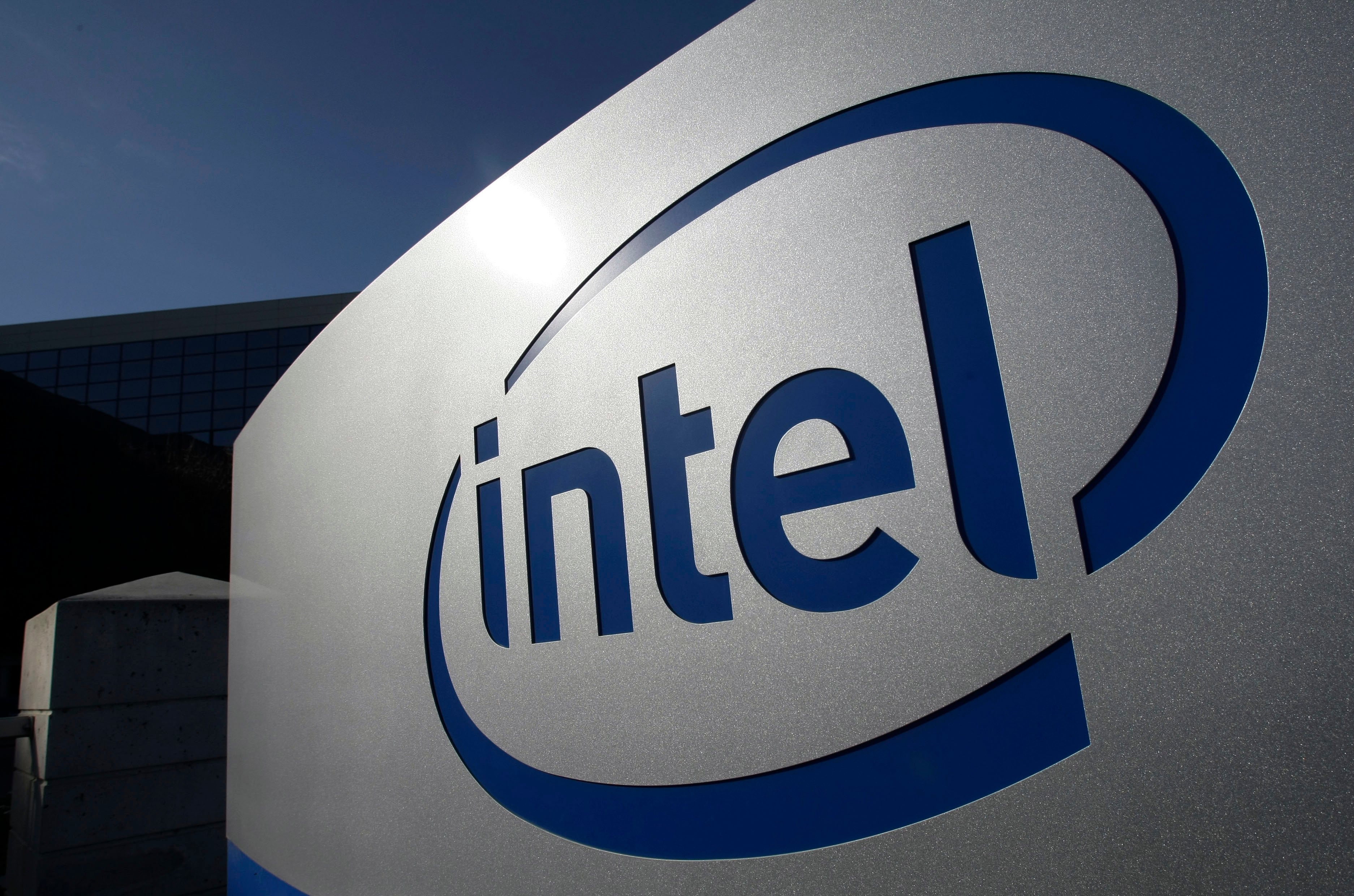Intel Corp. is shedding thousands of workers and cutting expenses as its new CEO works to revive the fortunes of the struggling chipmaker that helped launch Silicon Valley but has fallen behind rivals like Nvidia Corp. and Advanced Micro Devices Inc.
In a memo to employees Thursday, CEO Lip-Bu Tan said Intel plans to end the year with 75,000 “core” workers excluding subsidiaries, through layoffs and attrition. That’s down from 99,500 core employees at the end of last year. The company previously announced a 15% workforce reduction.
“I know the past few months have not been easy. We are making hard but necessary decisions to streamline the organization, drive greater efficiency and increase accountability at every level of the company,” Tan wrote.
In addition, Intel will scrap previously planned projects in Germany and Poland and also move assembly and test operations in Costa Rica to larger sites in Vietnam and Malaysia. Costa Rica will remain a “home to key engineering teams and corporate functions,” Tan said in the memo.
In the U.S., the company said it will “further” slow construction of a semiconductor plant in Ohio.
Founded in 1968 at the start of the PC revolution, Intel missed the technological shift to mobile computing triggered by Apple’s 2007 release of the iPhone, and it’s lagged more nimble chipmakers. Intel’s troubles have been magnified since the advent of artificial intelligence — a booming field where the chips made by once-smaller rival Nvidia have become tech’s hottest commodity.
The Santa Clara, California-based company’s market cap was $98.71 billion as of the market close on Thursday, compared with Nvidia’s $4.24 trillion.
Tan said Intel is focusing on its “core product portfolio” and artificial intelligence offerings to better serve customers.
“There are no more blank checks,” Tan wrote. “Every investment must make economic sense.”
For the second quarter, Intel reported a loss of $2.9 billion, or 67 cents per share, down from a loss of $1.6 billion, or 38 cents per share, a year earlier. Excluding one-time items, the company posted a loss of 10 cents a share.
Revenue was flat at $12.9 billion. Analysts, on average, were expecting adjusted earnings of 1 cent per share on revenue of $12 billion, according to a poll by FactSet.













